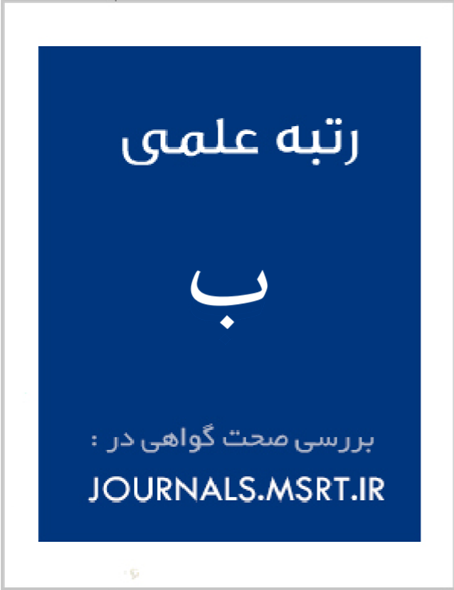An Analysis of the Strategies for Reproducing Ethical Discourse in Religious Social Media Networks
Keywords:
Ethical discourse, religious social media, religious representation, persuasive strategies, ethical content productionAbstract
This study aims to explore the strategies for reproducing ethical discourse in religious social media networks, focusing on methods of representation, ethical persuasion, and addressing challenges and opportunities. This research employed a qualitative approach using thematic analysis. Data were collected through semi-structured interviews with 22 participants, including users, content creators, and administrators of religious social media pages in Tehran. Purposeful sampling was continued until theoretical saturation was achieved. Data analysis was conducted using NVivo software, through open, axial, and selective coding. The results were organized into three main categories: representation of ethical discourse, persuasive strategies, and challenges and opportunities. In the first category, strategies included the use of Quranic verses and narrations, personal experiences, visual storytelling, and blending traditional content with modern styles. For persuasion, reliance on religious authority, rational arguments, emotional appeal, and role models were common. Challenges such as algorithmic limitations and opportunities such as trending topics and collective participation were also identified. Reproducing ethical discourse in religious social media is a complex and multi-layered process that requires careful balance between content depth, media form, and audience engagement. Religious content producers employ a wide range of strategies to maintain the integrity of ethical messages while increasing their digital appeal.
Downloads
Downloads
Published
Submitted
Revised
Accepted
Issue
Section
License

This work is licensed under a Creative Commons Attribution-NonCommercial 4.0 International License.


